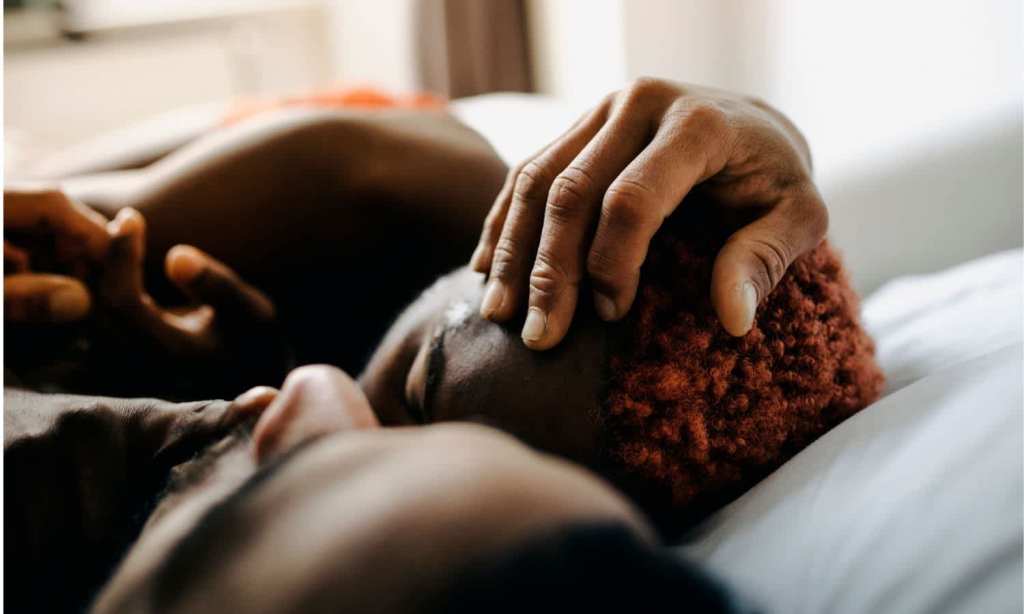While we can guess that relationship satisfaction plays an important role in our wellbeing, it turns out that being happy with our partner is actually crucial to how we feel overall.
According to the latest Australian Unity Wellbeing, developed with Deakin University, relationship satisfaction, along with standard of living and achieving in life, form the ‘Golden Triangle of Happiness’ — the three most important life domains for life satisfaction.
So, what kind of relationship is this referring to, you’re probably thinking? Well, the research found that while romantic relationships are critical for wellbeing, intimate relationships of other kinds are equally important, which is good news for all single folk.
“Humans are social by nature, with wellbeing closely linked to our connection with partners, family, friends, work colleagues, people in our communities and others,” says Associate Professor Delyse Hutchinson, the lead researcher of the Australian Unity Wellbeing Index.
The research also looked into specifically how our relationship satisfaction continues to change over the course of our lives.
As young adults, we experience the lowest level of relationship satisfaction, the report found. Then, in our late twenties, we get a small boost, likely due to the formation of intimate, long-term relationships.
In our middle adult years, relationship satisfaction decreases and then plateaus through our 40s-50s. This often coincides with increased lifestyle pressures such as caring, mortgages and careers. In our 60s and beyond, relationships satisfaction rises again, reaching its highest levels late in life.
For both married and de facto relationships, relationship satisfaction is at its highest level after 30 years together.
The report also published each Australian state or territory’s wellbeing score. Tasmania ranked the highest (76.1), with the highest satisfaction with safety, relationships and community connectedness, while Western Australia had the lowest (75).
If you’re keen to find out your own personal wellbeing score, head to Australian Unity and take its survey.
Read more stories from The Latch and subscribe to our email newsletter.







